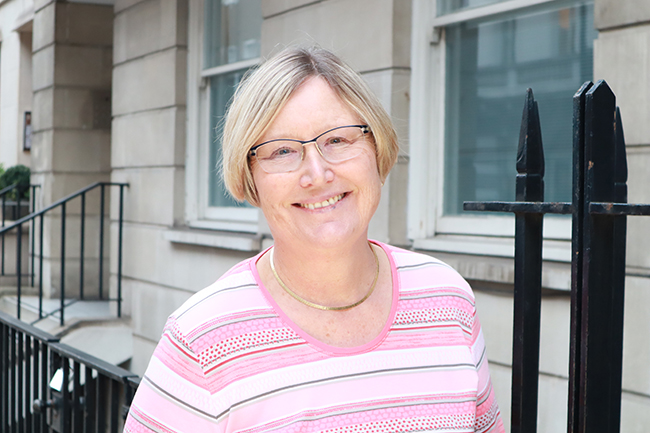How did your career in dentistry start?
A visit to the orthodontist is what started my career in dentistry. Maths was my main subject and originally, I wanted to be an actuary. In the 1970s, the profession was closed to women, and I spoke to my orthodontist about my frustrations. He responded by asking me “why don't you become a dentist instead?” A tour of the dental school followed, and I went home and told my mother I wanted to be a dentist, and she knew me well enough not to argue too much!
The minute I walked into dental school; I knew it was the right thing for me. I felt comfortable, at home, and confident. Starting out as a student I had very little experience of life in all its colours. Meeting appreciative patients facing so many problems was a humbling experience. A lot of my first years in dentistry were about me growing up personally. Dentistry came naturally – all apart from dentures.
I decided to go to Edinburgh to work in General Practice. I worked in one area which was very middle class, and one that was facing more deprivation. This meant that despite it not being my favourite thing, I was treating a lot of patients needing full dentures. One day, a long-distance lorry driver came in for his denture appointment. I learnt that the reason he needed new dentures was he shouted out to his friend on the M6, and the dentures flew out of his mouth and onto the road!


